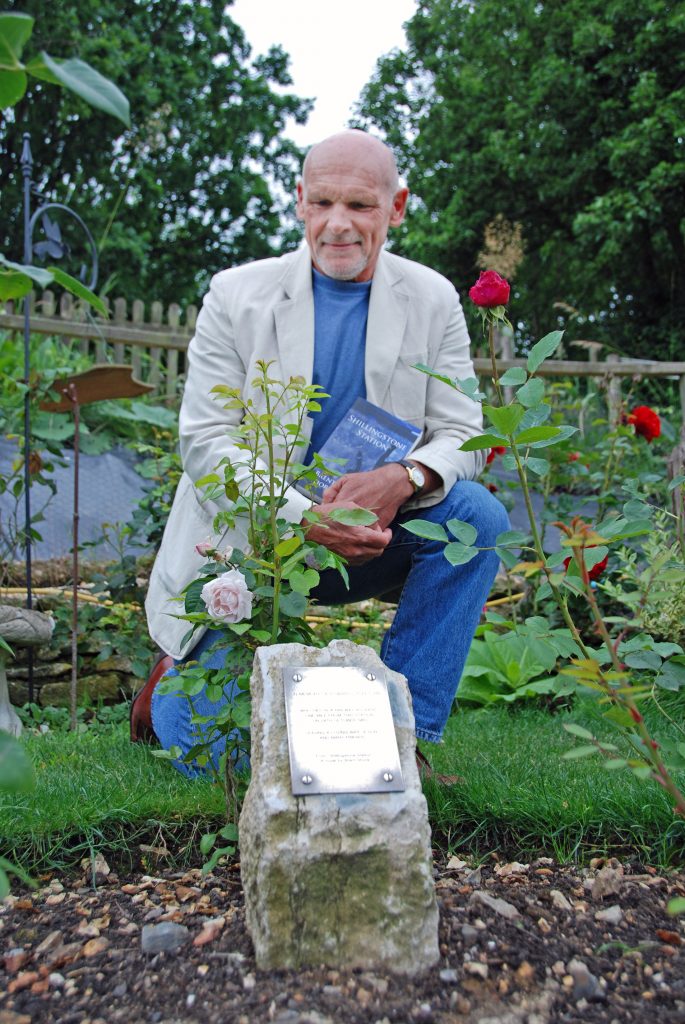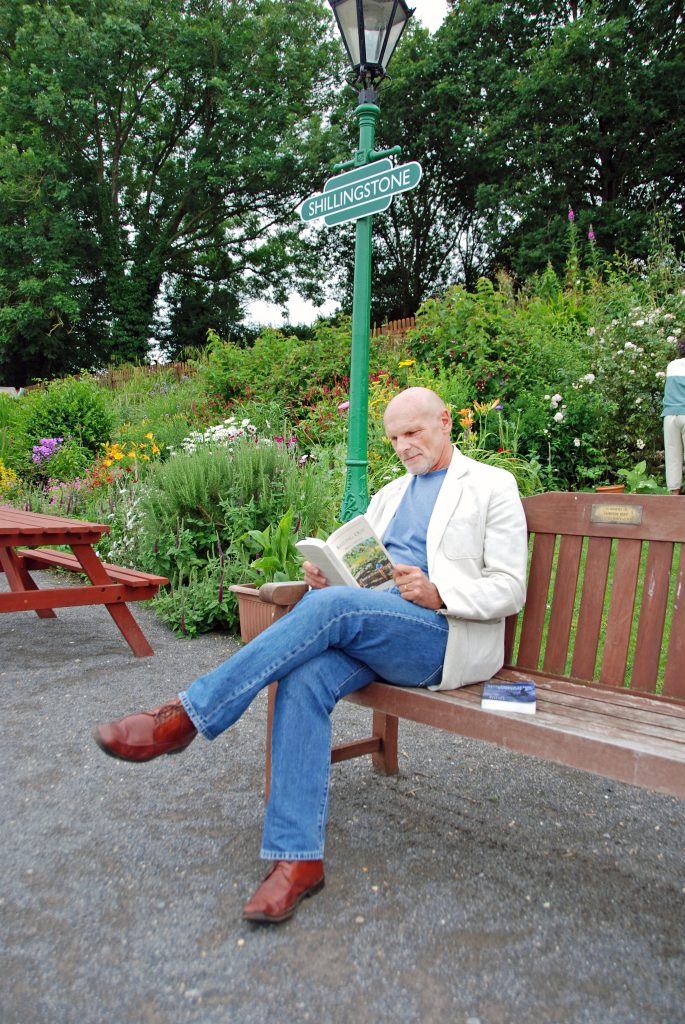- Brent

- Apr 11, 2018
- 4 min read
SPOILER ALERT!
PLEASE BE AWARE THAT THIS SHORT ESSAY WILL MAKE MORE SENSE TO A READER WHO KNOWS THE STORY! BETTER TO READ THE NOVEL FIRST!
An English Impressionist is the story of an individual or more precisely a group of individuals, and deals with a man’s sense of his own worth, elevated to the point of impact on those around him. I wrote Penny’s story as an exploration of vanity and its repercussions, set in specific locations and within the limits of the experience of a finite cast of characters. The book stands or falls on those ambitions as I still see it.
Nevertheless, it is interesting to listen to the comments of readers who see more deeply into the text – even more deeply than me, the writer who lived with it for over a year and thought I knew every detail, every nuance. It appears that however marginal, however unintentional, there is a subtext to the story that resonates with Brexit. And I do not dismiss it as this kind of thing has happened before. Parallels have appeared without design, for example the grandmother link between the first and last scene of Shillingstone Station; the trains bookending the story was intended but not the grandmother echo. In Bailing Out the ambiguity of the title relates to Don’s early retirement and the financial help he offers to Geena Dale. Only later did it occur to me that her decision to reject him and his money was in fact a third bail-out. And in Snakeskin, a story juggling with the theme of identity, Kenneth’s sexuality could be construed as questionable without me ever meaning it to be.
As for Brexit, well, the referendum took place as the idea for An English Impressionist was germinating and much of the planning and research was spent in France in the September of 2016: the implications of the severance from Europe were fermenting in my mind. For a start, I needed to use an emergency dentist and had to produce my EHIC; how much longer would that particular piece of plastic be valid, I did wonder. So, maybe, as my story took shape back in England, the fractious mood of the country was, consciously to me or not, providing a kind of background music to the days and weeks.
So, Trevor John Penny, an emblem for Brexit? Well, certainly not deliberately. However, here is a man full of self-importance, a man who believed he had a role to play in the world: One day, he promised himself, they’ll all be reading about me. Echoes of Britain’s belief in itself as a leader on the world stage? Penny turns his back on his past and is even contemptuous of it, just as the Leavers want to abandon forty years of European collaboration, notwithstanding its contribution to stability and peace.
In tune with the times he withdrew from Europe, reflects Amande Puybonieux, reading of his decision to emigrate across the Atlantic.
And does his name even have some subliminal significance? Penny, symbol of our currency, the fight to keep the pound being one of the early euro-skirmishes.
Meanwhile Bagshaw, the man from the British Council, isn’t one for following that path: I’ve never been one to deny my roots, he says to Penny. It’s a mistake, if not a crime, in my book. He is working in Paris, a Briton engaged with Europe.
The status quo is upset by a family row, a home-grown pressure-point of resentment and anger that explodes in Penny’s face. Domestic politics and particularly the fault lines over the EU in the Conservative Party come to mind. At the end of the novel he leaves the continent to start a life in North America and states something that amuses Amande: “I will go to Canada”, he writes, as though he is still believing in his own legend, in his own encounter with destiny. Shades of the optimism of future British trade agreements with the old Commonwealth and others? And a hint of doubt: It will be a new start. I will find a project, maybe a wife and some happiness if I deserve it. Does he deserve it? Do the British people deserve the challenging times that might well be coming down the line?
Of course the referendum is mentioned explicitly in the novel, although Penny himself has little to say on the matter: just as shocked as everyone else seemed to be, he had absorbed the bare bones but hadn’t found the energy to quite work out any of the consequences. The vote to leave may have an impact on whether his contract is renewed but there are other issues at play here. Similarly, funds to support the gallery can no longer be guaranteed, adding to his financial distress.
Meanwhile, we are told of the part that Sir Russell Forrest was keen to play for the Remain campaign.
And what of the continental Europeans? His Swedish friend Henrik, confident of a remain vote “The Brits know which side their bread has butter”, he says, weeks before a result which leaves him sad and distraught.
Much less explicit are the images of Old Europe we are left with in Amande’s reflections at the end of the story. There has been a spring storm (the UK is to leave in March 2019) and she lists the damage. None of it is terminal, however, and there is an almost chirpy confidence in the resilience of her surroundings: Most of the trees are unscathed; they bend with the wind, they are full of spirit, defiant, almost indestructible. Europe and its institutions will survive. The house too takes a battering in its stride. She has renamed it in the meantime Puis Bonheur: no post-Brexit gloom here. One small length of guttering has come loose, she writes, but not a single roof tile is out of place. Did I really intend for the UK to be represented as a small length of guttering? Even the so-called garage space, she goes on, as flimsy-looking a structure as you could ever see, seems to roll with the punches.
There may be more material to beef up the point. Whatever, it is a curiosity that none of this was planned, none of it part of an underlying comment on contemporary politics, and yet I am beginning to believe that there is more than coincidence at play here.





